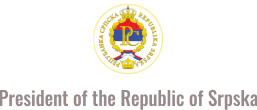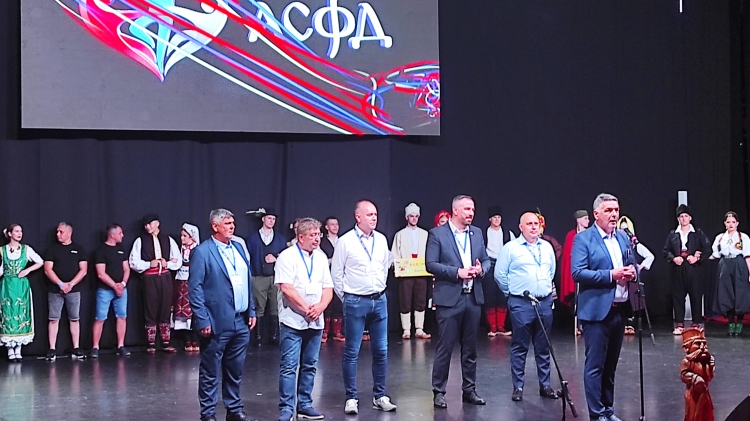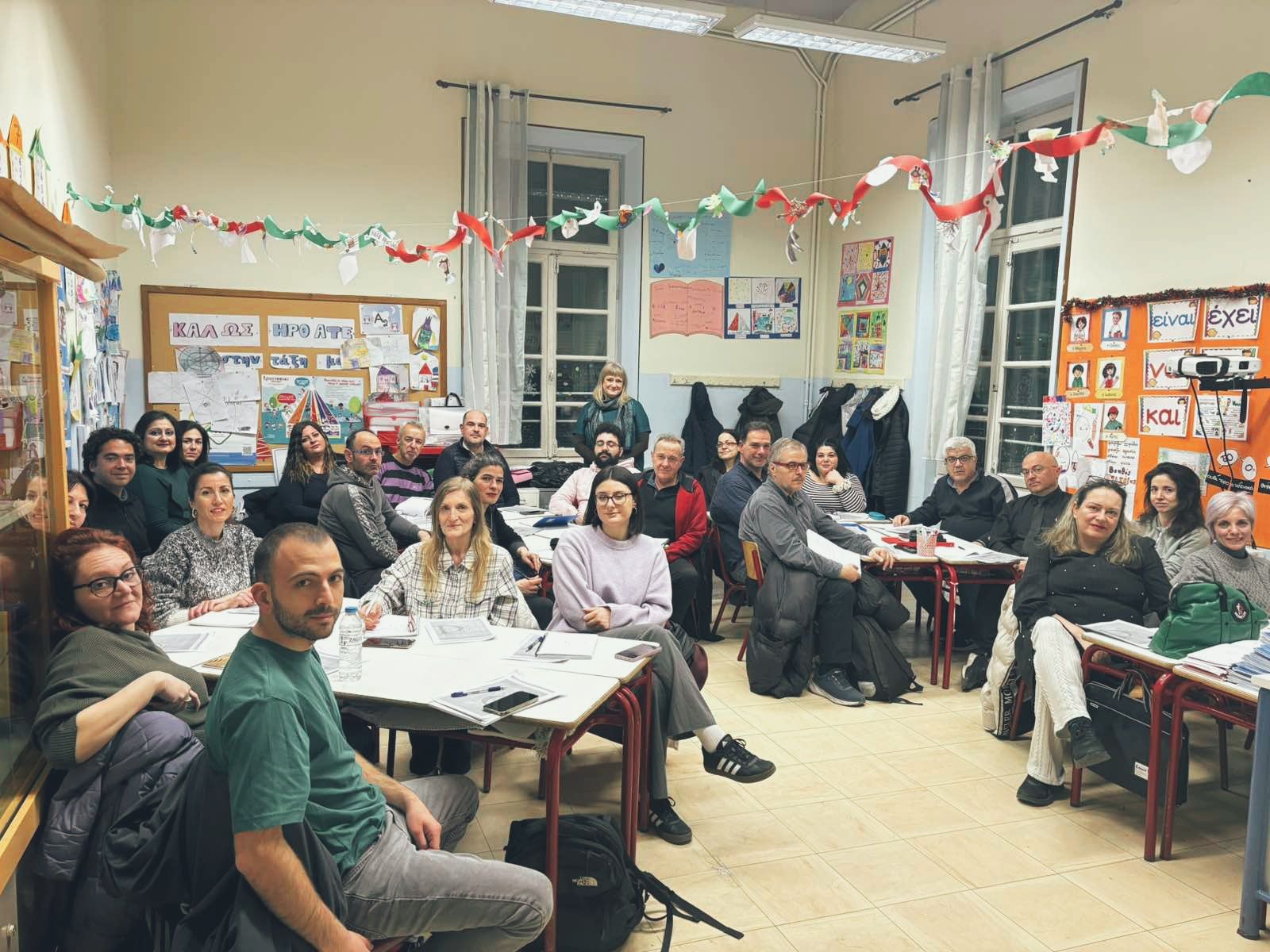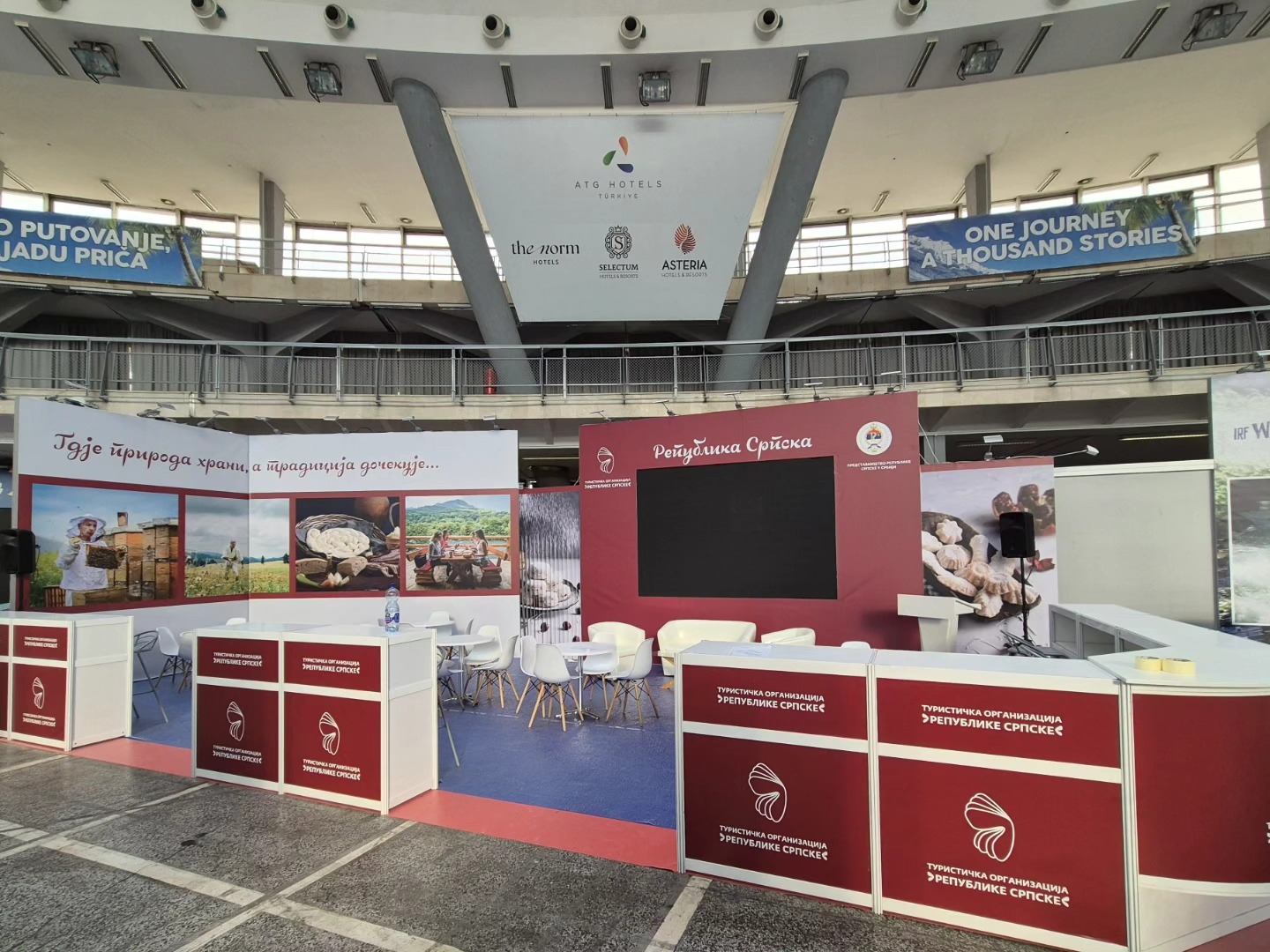The European Festival of Serbian Folklore of the Diaspora and Serbs in the Region opened in Banja Luka, bringing together 32 folklore ensembles with more than 1,600 participants, whose dance and song presented the rich cultural heritage of the Serbian people and their strong ties to their homeland.
The Minister of Education and Culture of the Republic of Srpska, Željka Stojičić, stated that this event was the best way to connect young people of Serbian origin across Europe with their heritage, language, tradition and homeland.
‘This is not only a cultural event, but also an expression of love for one’s origins, ancestors, the country that laid the foundations of our collective identity,’ Stojičić said at the opening of the Festival.
She added that folklore, as a link between the past and the present, carried within itself the living memory of the Serbian people – their history, struggles, joys, sorrows and victories.
The Vice President of the Association of Serbian Diaspora Folklore, Aleksandar Stanković, announced performances at the festival by cultural and artistic societies from Austria, Germany, Switzerland, France, Romania, Slovenia, Croatia and the Republic of Srpska.
He stated that the goal of this event’s 27th edition was to preserve the Serbian language, culture and tradition, but also to connect young people from the diaspora with their peers living in this area.
‘All the experiences they gain here enrich their lives in the diaspora, because a person without roots cannot be safe anywhere and will not be their own. That is why this gathering brings joy to us year after year, and young people eagerly await its holding,’ said Stanković.
Vladimir Koturović, Independent Advisor at the Office for Cooperation with the Diaspora and Serbs in the Region of the Ministry of Foreign Affairs of Serbia, said that this festival represented an opportunity for Serbian folklore societies from the diaspora to show their work, songs, dances and customs from different regions where Serbs live.
‘And that is an important cultural event for folklore lovers and the public,’ added Koturović.
Source and photo: Republic of Srpska Government





